Time Scales
I love comparing time scales of things. That’s a favorite past time of the astrophysicist.
In fact, there’s a very cute, and forgive me for not remembering the name of it, once you look it up it will be more effort.
There was a movie short that was, that I had either won an award or was the runner up for the award for the best movie short of the year. [Das Rad]
In what year? That was many years ago? In the decade, the last ten years.
And the powers of ten? No, no, no. It’s just a German short. There were two rocks having a conversation with each other. And one of them asked, “Do lichens irritate you?”
And he goes, “Yeah, they’re kind of itchy. And they on grow on my back. And the try to reshape you.”
And he said these two rocks are talking about lichens. But lichens take a long time to show up on a rock and the conditions have to be right and all that.
Ah, cause and conditions. And you look at the environment that the rocks are in, you don’t quite understand what’s going on because the sky is kind of pulsing in a weird sort of way. You don’t really understand it.
And then…
And then there’s this gravitational wave from the big bang… No, no, no. And so it’s, then you hear this slowing down sound. Like rrrrrr, like that. And then you see the sun in the sky.
And the two cavemen walk up to the rock. And then there is a rock sitting on top on the rock and he grabs it and looks at it and then walks off.
And only then you figure out what’s going on. The sun goes around faster and faster and faster, then it’s brrr, and then the rocks continue to talk to each other.
So it’s like a billion years in the life of a rock shrunk down to these couple of minutes. And it was, so the rocks are observing all of these things going on but there are selected moments where they slow things down enough so you can see something else take place.
So there’s a rock and you have the mayfly that lives a day. These are intriguing to me that there are all these time scales. There is time scale that is the mother of all time scales and that’s the decay of the proton, if it decays at all. It’s 1030 years is the latest calculation. Or 1032. That is 20 orders of magnitude longer than the current age of the universe.
Now do you want to include that as everything, what’s the word we used again? If it dies everything…
It is the impermanence. Impermanence. So even a proton decays. But that’s the most stable known particle. So you can say Buddha had it, even there. And like okay. But then once again, it explains everything. And therefore leaves us with nothing. So it’s not, it’s really not a scientifically useful concept.
It’s not scientific. I never claimed… But you will, if you are because you’re going to say these scientific points come back into the philosophy and there’s resonance.
Whereas I submit to you that given a range of those facts it’s not some deep scientific principle. It’s not a, it could be something different if you, if Buddha said, he wouldn’t say this but I’m making this up. If all the universes filled with energy, and that energy becomes more and more dilute, and we measure this as we feel cold. All right you can map that statement directly to the cosmic microwave background. That’s kind of cool. That would be kind of cool.
Another thing, it said universe will last a long time and the Buddhist estimates of the age of the universe, are the only ones that were really long compared to all of the other estimates that came out of the east and the west. And it borders a billion. But it’s off by orders of magnitude. So it was kind of cool that it was long because no one, nobody was thinking long at the time.
And no basis for it. No way to even wrap their brain around it. So kind of cool that it was long. But it’s off by multiple orders of magnitude. Not that science hasn’t been off but multiple orders of magnitude. But we have self correcting mechanisms and we discard it when it’s wrong. And we don’t return to it because it’s not useful. And we get the one that’s right. And then we put that into effect.
The process of meditation and learning about Buddhist thought is the same kind of method. When something doesn’t work, you abandon it. Did you catch the exhibit at the Rubin Museum?
Yes. That was one of the first things I wanted to do. Good, Okay. I had one of my books in that exhibit and we produced, and we did the exhibit video of The Known Universe. Which that was a nine million hits on YouTube – the first viral video. It was a zoom out from Tibet basically all the way to the end of the universe.
Cool, I’ve got to see that. Yeah, The Known Universe. It’s six minutes and 30 seconds.
Oh great. So I think I lost my train of thought. Because I keep interrupting you, sorry. The impermanence and the interconnectedness.
Right. I was just addressing those.
Right, you did a great job. I enjoyed it very much.
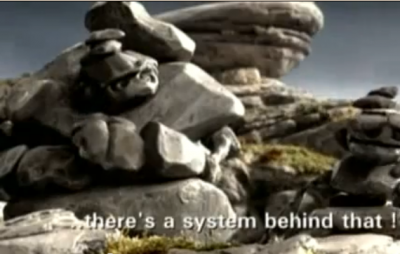
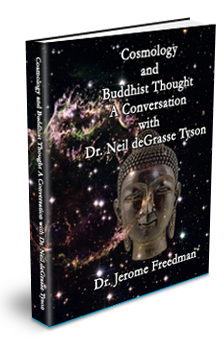

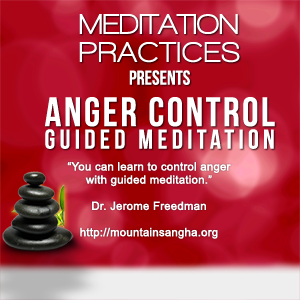
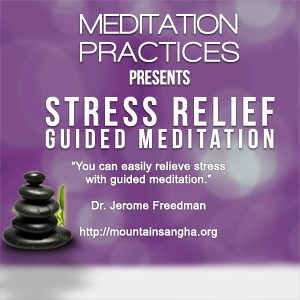

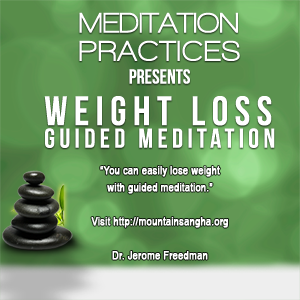
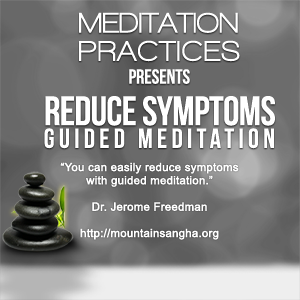
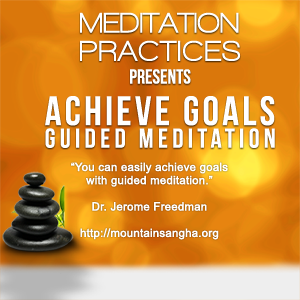

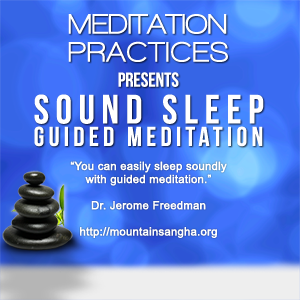



Speak Your Mind
You must be logged in to post a comment.